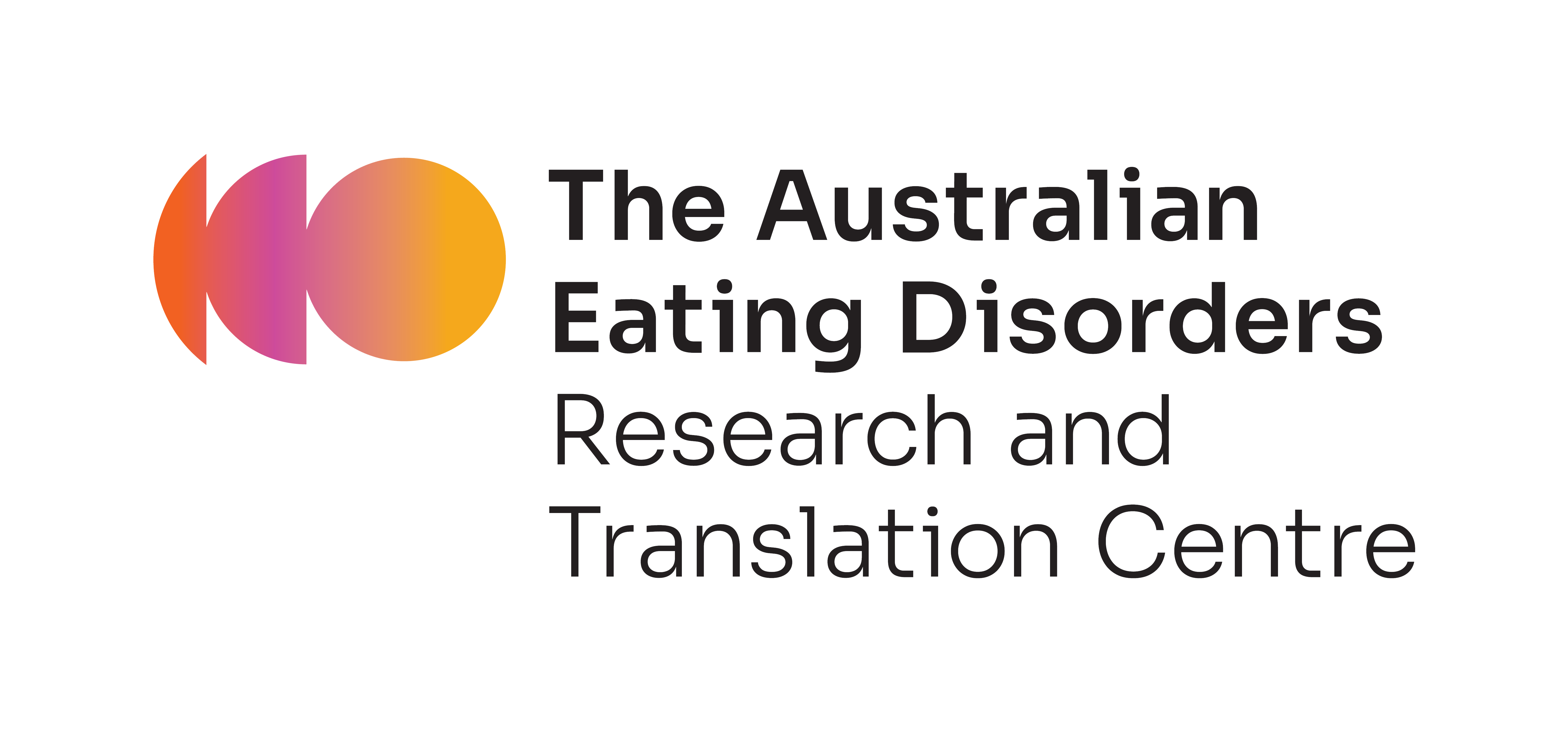
Dr Morgan Sidari
QIMR Berghofer Medical Research Institute, University of Sydney, Metro North Health
Affiliate Authors
Prof Nick Martin, QIMR Berghofer Medical Research Institute;
Though nearly half of us were fussy eaters growing up, some people experience an extreme condition that can be much more harmful. Avoidant Restrictive Food Intake Disorder, or ARFID, is an eating disorder that causes people to be fearful of, or otherwise uninterested in, eating the vast majority of foods. Unlike other eating disorders, this fear is completely unrelated to their weight or shape. But like other eating disorders, the medical consequences of ARFID can be serious and sometimes life-threatening.
Recently researchers discovered the first set of genes associated with Anorexia Nervosa. For my project, we will be collecting saliva samples so that in the coming years we can understand the genetic and environmental risk factors for ARFID too. I’m talking to families who are caring for children experiencing ARFID to help us ask the right questions and to learn how we can reach other families in a way that is engaging and respectful. At the end of my project, I will be sharing families’ insights with the genetics community in the hope that it will help other researchers with similar projects across the world.
